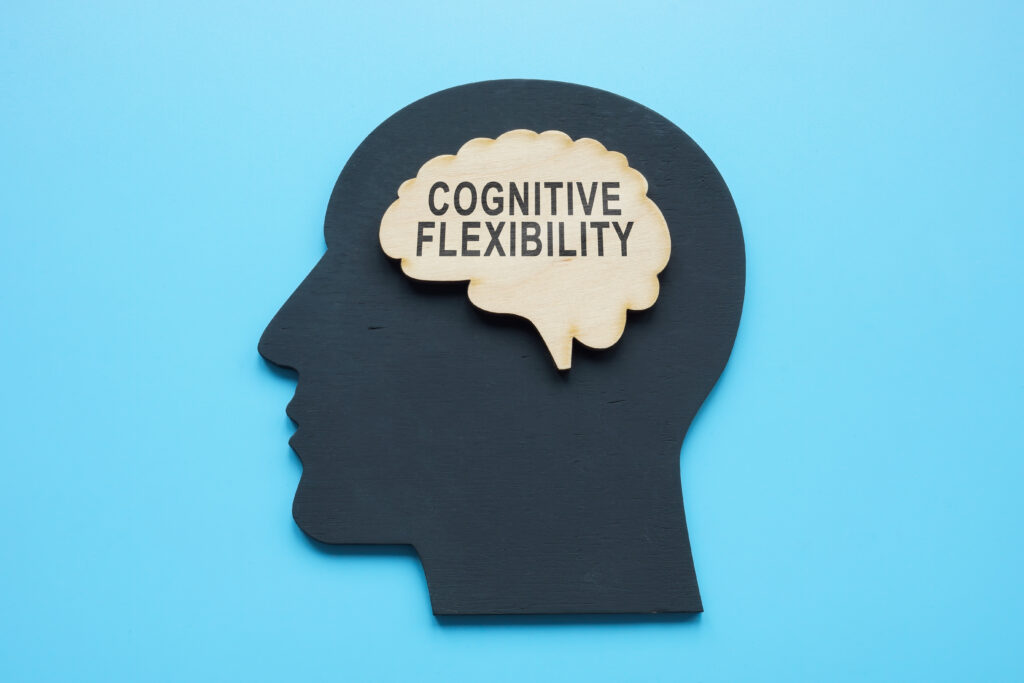Fine motor control is a vital aspect of our daily lives that often goes unnoticed until we start to have difficulties with it. It refers to the precise movements of the small muscles in our hands, fingers, toes, and feet that allow us to perform tasks such as writing, buttoning a shirt, or tying shoelaces. These movements are controlled by the brain and are crucial for our independence and ability to carry out everyday tasks. However, in individuals with Alzheimer’s disease, fine motor control can become impaired as the disease progresses.
Alzheimer’s disease is a progressive neurological disorder that affects a person’s cognitive abilities, including memory, thinking, and behavior. It is the most common form of dementia, accounting for 60-80% of all cases. As the disease progresses, it not only affects cognitive functions but also leads to physical changes in the brain that can impact fine motor control.
The Effects of Alzheimer’s on Fine Motor Control
In the early stages of Alzheimer’s, impairment of fine motor skills can be subtle and often overlooked. The individual may start to have trouble with tasks that require hand-eye coordination, such as catching a ball or using utensils while eating. They may also have difficulty with handwriting, as their once neat and consistent writing becomes messy and illegible.
As the disease progresses, these difficulties become more pronounced. Individuals may struggle with simple tasks like buttoning a shirt or tying shoelaces. Fine motor control can also affect their ability to perform self-care tasks such as brushing their teeth or combing their hair. These changes can be frustrating and affect the individual’s confidence and self-esteem.
The Role of Brain Changes in Fine Motor Control Impairment
The changes in fine motor control are a result of the degeneration of brain cells in specific areas of the brain responsible for motor function. In Alzheimer’s disease, there is a buildup of abnormal proteins called amyloid plaques and tau tangles, which damage and destroy brain cells. These changes primarily occur in the cerebral cortex, which is responsible for controlling fine motor movements.
As the disease progresses, these changes spread to other areas of the brain, including the basal ganglia and cerebellum, which are also involved in motor control. The basal ganglia help regulate movement and posture, and the cerebellum coordinates muscle movements. When these areas are affected, it can lead to a further decline in fine motor control.
Compensating for Fine Motor Control Impairment
Individuals with Alzheimer’s may develop strategies to compensate for their declining fine motor control. For example, they may use their non-dominant hand or switch to alternative tools that require less precision, such as using a spoon instead of a fork. These strategies can help maintain some level of independence and functionality.
However, as the disease progresses, the ability to compensate declines, and individuals may rely more on assistance from caregivers for daily tasks. This can be a significant adjustment for both the individual and their loved ones.
Managing Fine Motor Control Impairment
There is currently no cure for Alzheimer’s disease, but there are ways to manage the decline in fine motor control. Occupational therapy can be beneficial in helping individuals learn new strategies to compensate for their impairments. Occupational therapists work with individuals to improve their motor skills and adapt to changes in their abilities. They may recommend exercises and activities to maintain and strengthen fine motor skills.
Home modifications can also be helpful in managing fine motor control impairment. Simple adjustments like using larger handles on utensils or installing grab bars in the bathroom can make daily tasks easier and safer for individuals with Alzheimer’s disease.
Caring for Someone with Alzheimer’s and Fine Motor Control Impairment
Caring for a loved one with Alzheimer’s and declining fine motor control can be challenging and emotionally draining. It is essential to seek support from friends, family, or a support group to avoid caregiver burnout. It is also crucial to communicate with the individual and involve them in decision-making as much as possible to maintain their sense of independence and dignity.
In Conclusion
Fine motor control is often taken for granted, but its decline can significantly impact the daily lives of individuals with Alzheimer’s disease. As the disease progresses, the brain changes ultimately lead to impairment in these small movements, making everyday tasks more challenging. While there is currently no cure for Alzheimer’s disease, managing and adapting to these changes through therapy and home modifications can help maintain some level of independence and improve the quality of life for both the individual and their caregivers.


